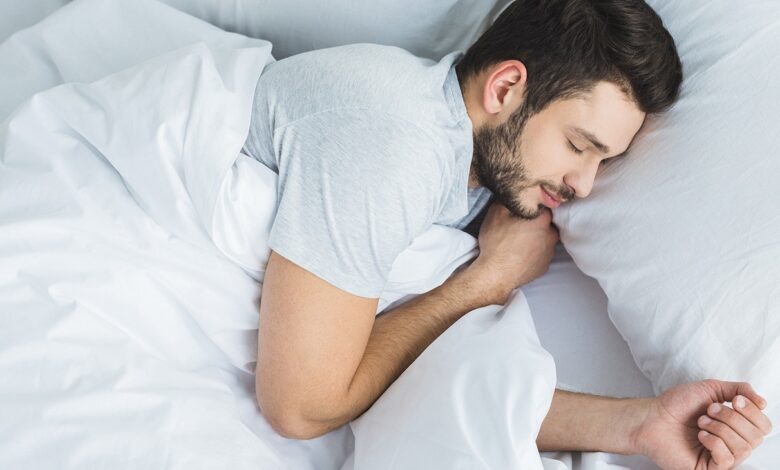Is Your HVAC Disrupting Your Sleep?

Doctor after doctor has repeatedly stated to patients if one wants to protect their health it involves eating right, losing excess weight, and getting a good night’s sleep. In fact, sufficient sleep is probably one of the key elements for daily health as well. One can handle a bit of food excess or gaining a pound if it eventually comes off. However, losing sleep quickly can trigger health problems within days, even hours if already worn down. That can happen with a faulty HVAC system that is not working right, isn’t filtering properly, or is making a racket that keeps one awake.
Read More: The Role of Behavioral Health in Successful VA Claims
How an HVAC Can Disturb Sleep
A home HVAC is supposed to regulate temperature in a home, both in terms of cooling and heating. This system is generally triggered by temperature monitors and sensors. When the ambient temperature is too warm or too cool versus the predetermined setting, then the HVAC system turns on to restore measured temperature back to the desired range. This process repeats itself as needed until the seasons change, and then the system flips as necessary.
The way that HVAC affect your family’s sleep, especially in the form of system malfunctions. Temperature sensors tend to be the primary culprit here, where the sensor doesn’t operate consistently and starts to trigger or fails to trigger the HVAC system. As a result, people end up being too hot or too cold at night, and that disturbs sleep, oftentimes waking people up or enough to lose REM sleep. That deep stage of sleep is the most critical for health, so loss of it has long-term ramifications if the disturbance continues night after night.
HVAC operating noise can be a problem as well. Where there is an old part or the system is being affected by the heater or blower, the noise can become irritating, also waking people up at night. Usually, this is either a vent register that is loose, the blower has a problem, or there is a partial blockage in the vents causing a whistling effect.
HVAC also has a big impact on humidity. In areas where the natural humidity can be high, especially during the day when the sun is out, AC can be essential in removing moisture from the inside air and helping with cooling. When an HVAC is not working right, humidity can actually build up inside instead of being removed, triggering discomfort and also waking up a homeowner. On the other hand, too much moisture removal creates very dry air, leading to skin issues, dehydration and sinus problems. More than one scratchy throat in the morning has been due to insufficient moisture and the need to offset with a local humidifier.
Solving HVAC Concerns for Better Sleep
As noted above, some basic changes can be made for local differences that offset concerns created by an HVAC. However, that doesn’t really help solve the actual problem being created and consistently disturbing sleep. Instead, it may need a more hands-on approach, whether with applied maintenance or HVAC repairs.
Read More: Banish Eye Strain: Embracing Habits for Healthy Screen Viewing
Older HVAC systems tend to be more prone to triggering discomfort problems, especially during the extreme parts of the year when it is very hot or very cold outside. Those temperature differences put a heavy strain on HVAC operations, and older systems don’t perform as well anymore due to wear and tear. Maintenance matters that much more to keep them operating correctly as well as to spot problems before they start to grow into bigger, more expensive issues.
If you’re finding your sleep regularly disturbed at night due to breathing issues, temperature issues or noise every time the HVAC turns on, it’s probably a good time for a system check by a professional technician. There is very little a homeowner can do aside from changing a filter that will make significant improvements to the system without technical adjustments.












One Comment